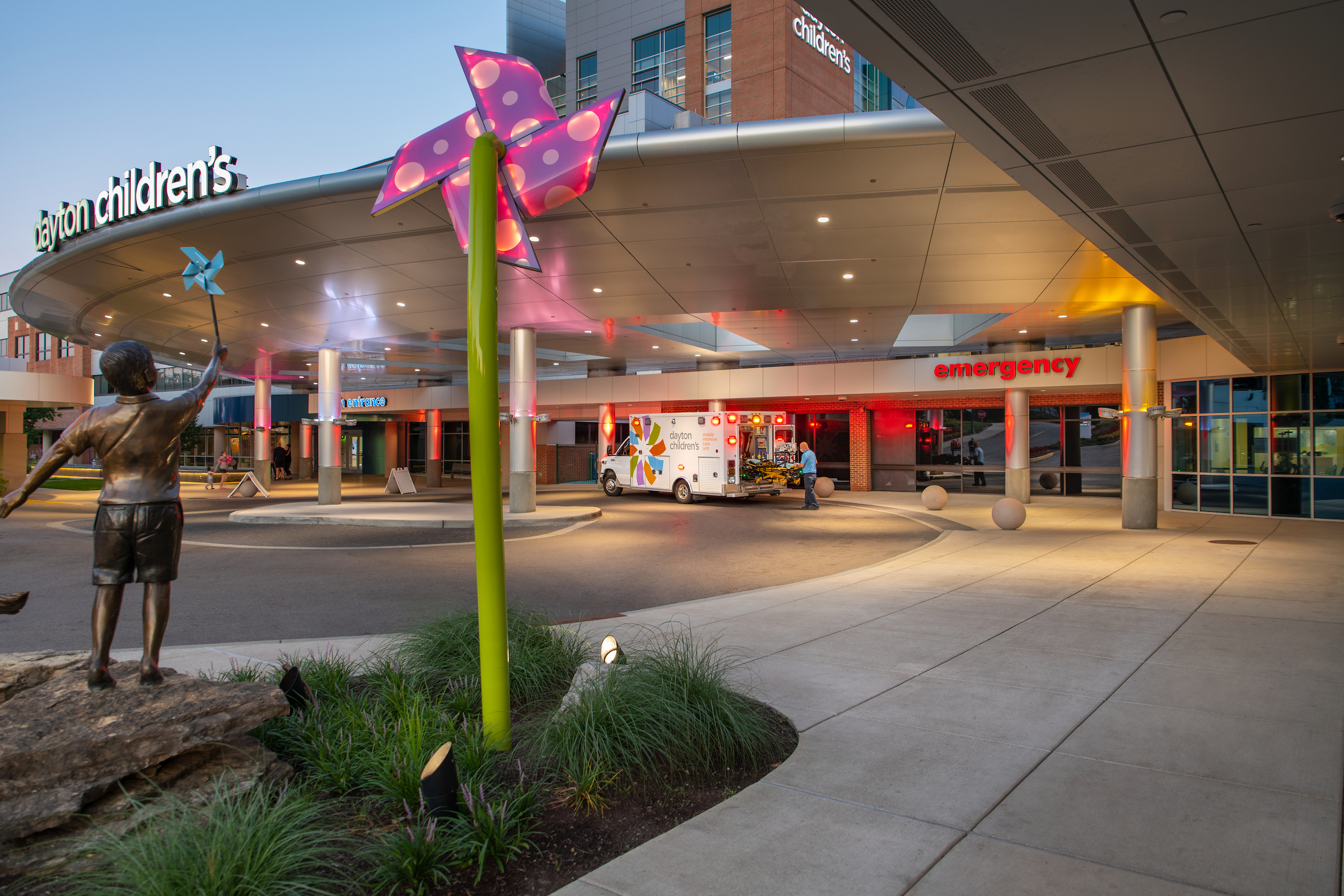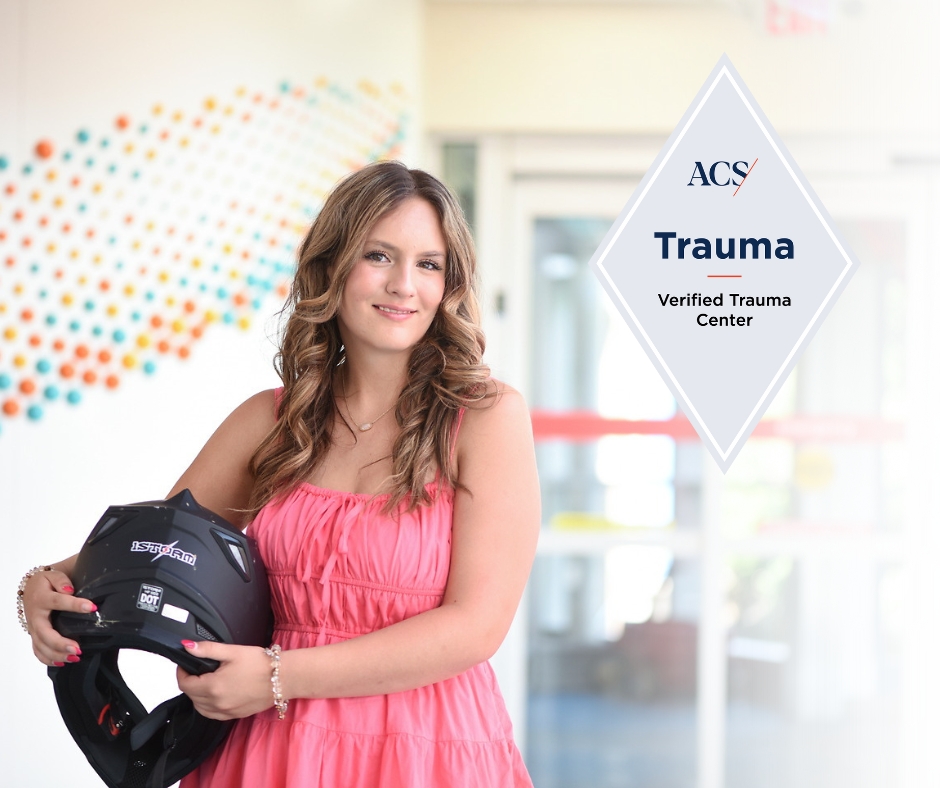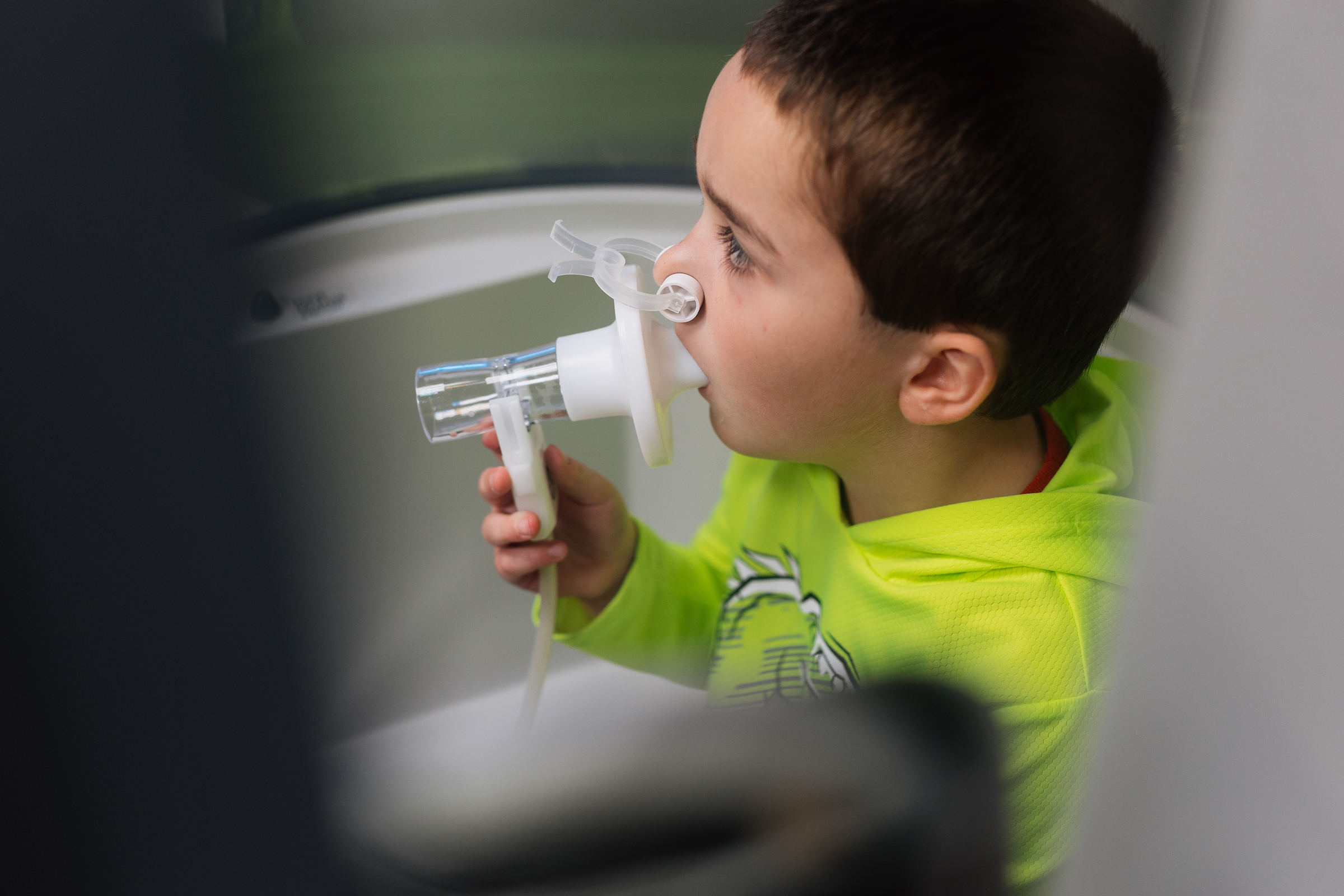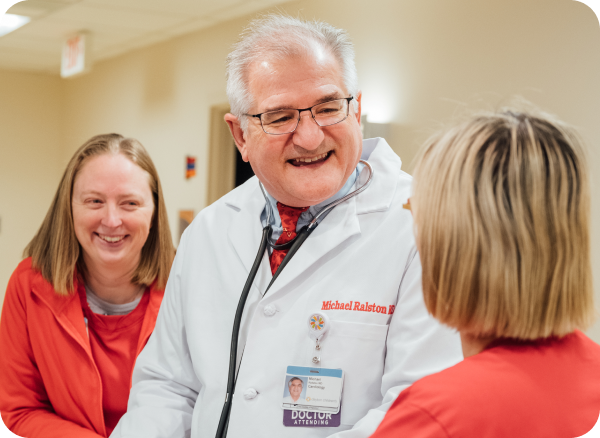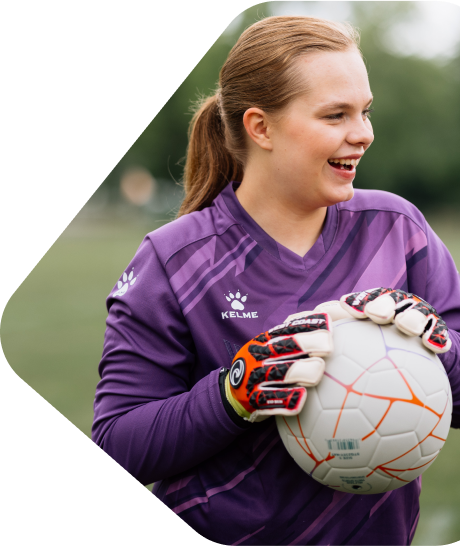explore this location
For serious injuries or illnesses, including difficulty breathing, swallowed objects, fractures and more, find care at our emergency departments. For mental health crisis care with no physical injury, find care at our mental health crisis center.
The Dayton Children's main campus emergency department in Dayton is open 24 hours and is the region's only level 1 pediatric trauma center verified by the American College of Surgeons.
Wait times are estimates and can change based on how many patients arrive and how serious their conditions are. Children with the most serious problems will be seen first. If your child has a life-threatening emergency, always call 911.
